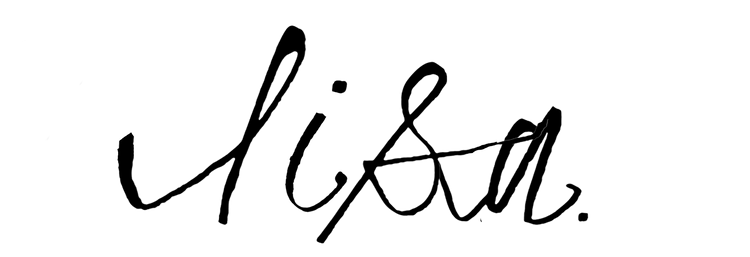We have spoken about ANGER a few times on JOY IS NOW and I am happy to see that it is a recurring emotion for discussion. Anger is so powerful yet it is something that we don’t talk about often enough. We have reviewed the neuropsychology of anger before and I want to offer a refresher here.
Anger actually looks a lot like fear in the brain. Dr. Jason Cowell, cognitive neuroscientist at University of Wisconsin Green Bay reports that in the brain, anger actually looks a lot like fear. In his research Dr. Cowell asks, Is anger a unique emotion? And the answer is no, not really. Not only does anger not occur in a vacuum, but Physiologically it looks a lot like fear. Both anger and fear result in an almost immediate reaction to a threat - fight or flight. This primitive survival response to a threat WILL STILL OCCUR EVEN if you remove the forebrain - which is everything up top - think gray matter. Meaning, anger causes an automatic reaction in the body. It sparks a physiological arousal - sweat, raised heart rate, red face, blood constricting in certain areas, digestion slowing down. etc., all of this happens in the tiniest fraction of a second imaginable. What is so fascinating is that we don’t know the cause of this physiological reaction in neurological terms. The response to anger is a circuit. A threat causes the spark and the response goes through the circuit. The choices are run or to fight. Mostly we respond with fight. That's anger. Fear is run. And why the body sees them as being so similar. Our response to a threat is anger and fear. This response begins in the brainstem and subcortical areas and hypothalamus. Then to midbrain. it's a circuit that the body runs through. Unique to humans are other sets of anger responsive pathways that go into the cortex and amygdala.
In terms of theory, I want to share Dr. Ryan Martin’s finding that Anger is a response to injustice. It has become a widely accepted idea that anger not only alerts us to injustice, but the neurological pathway and circuit that anger follows as part of fight or flight, actually prepares us with the energy to fight these injustices. All of this along with the expression of anger being a combination between anger itself and whatever the other emotions are being felt at the time. So anger and guilt, anger and impatience, anger and frustration, anger and grief, etc.
Anyone else notice that anger seems to be pretty popular these days? Wonder why? Well, here we are thanks to COVID, war, racism, misogyny, inequity, injustice, climate crisis, mental health emergency, and poverty except hey, COVID is the only one not man made, huh.
People are raging. And If we look to Dr. Ryan Martin, it is easy to see why. We all seem to be railing against injustice. And remember, none of us ever write ourselves as the villain of our own story. So the asshole screaming at people in Target for wearing a mask feels he is the hero fighting injustice just as much as the woman protesting for equal access to healthcare in front of Bret Kavenaugh’s house. Ooof. So how did this happen? How did we all get so angry? Well, like I mentioned there is a lot going on. Most of which we caused. Ourselves. Yet in all of this, covid or our own doing, exists loss. Massive, incomprehensible loss. And grief, especially compounded and collective grief when unexpressed is well, crazy making. Anger is the second stage of grief and with good reason. As Dr. Martin points out, anger lets us know that something is not quite right. And whether we are responsible for the loss or not, the grief people are feeling right now is monumental. Whether it is loss of life, comfort, convenience or the way things were pre-pandemic, loss is all around us right now. And we are bad at grief. Like really bad. And Americans in my opinion are number one at being terrible at grief. But hey, we seem pretty great at anger, right? And there’s the connection. Grief is hard. Unpredictable and not convenient at all. Ever. We do not get to decide when grief begins and ends. When it comes on and when it subsides. We cannot schedule it or drink and smoke our way out of it. We do not get to decide. Anger can be unpredictable too, but anger seems to have a greater purpose. To help us fight injustice, to help us get our way, to assist in being the hero of our own journey. Grief, not so much. Grief is less active. Requires time and space. And rest. And actually valuing how people take care of themselves and each other. But who in this country has time for that?
Thank you for being here.
Listen to this episode here.

Leave a comment